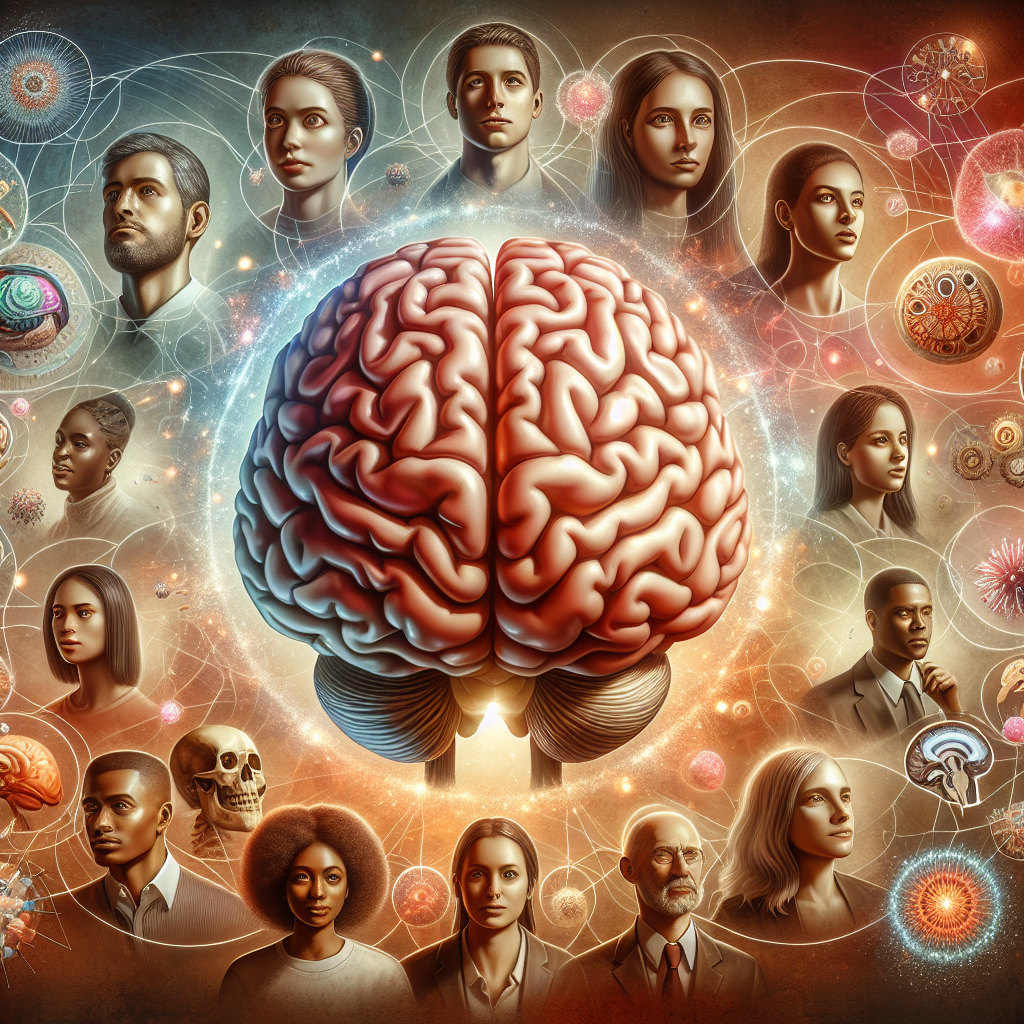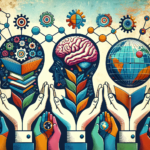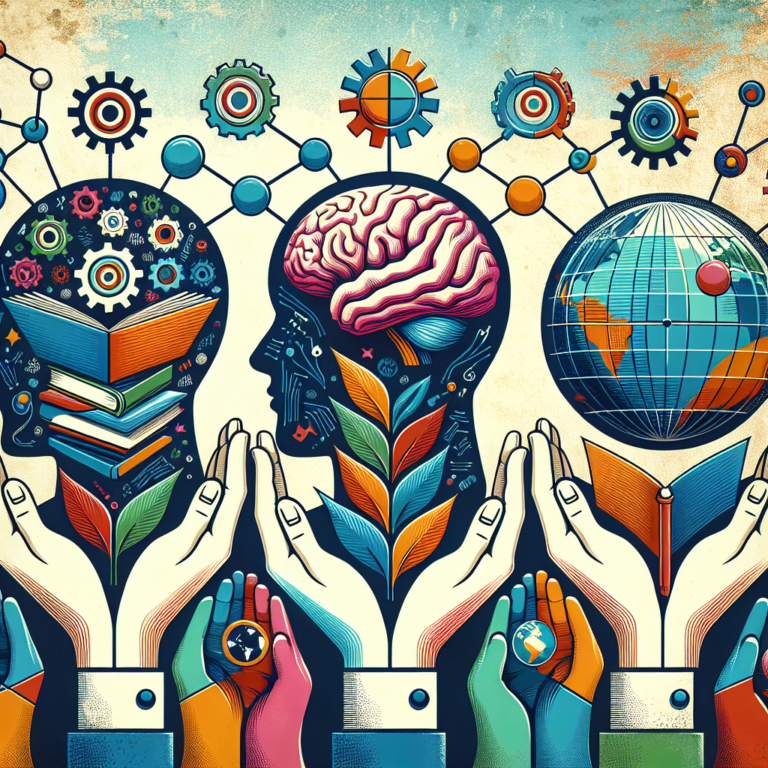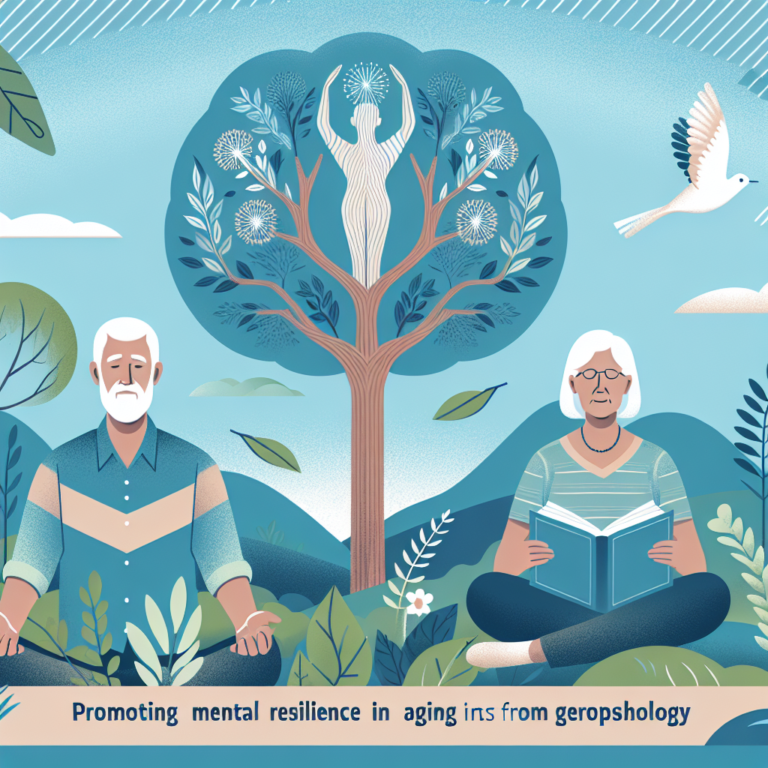
Introduction
In the quest to understand ourselves, few fields are as compelling and transformative as neuropsychology. By exploring the intricate relationship between the brain and behavior, neuropsychology offers profound insights into why we think, feel, and act the way we do. Unlocking the Brain: How Neuropsychology Sheds Light on Human Behavior not only unveils the mysteries of our mental processes but also provides valuable strategies for personal growth and overcoming challenges. This article delves deep into the fascinating world of neuropsychology, revealing how it can empower individuals to harness their potential and reshape their lives.
The Foundations of Neuropsychology
What is Neuropsychology?
Neuropsychology bridges the gap between neuroscience and psychology, focusing on how brain function influences behavior and cognitive processes. By studying brain-behavior relationships, neuropsychologists help us understand the complexities of mental functions, from memory and language to emotions and decision-making.
The Structure of the Brain
To appreciate how neuropsychology illuminates human behavior, we must understand the brain’s structure:
| Brain Region | Function |
|---|---|
| Prefrontal Cortex | Executive functions like decision-making and planning |
| Amygdala | Emotion regulation and response to threats |
| Hippocampus | Memory formation and retrieval |
| Cerebellum | Coordination and motor control |
These regions interact in intricate ways, making the study of neuropsychology a rich tapestry of observations and insights.
Case Studies in Neuropsychology
1. Phineas Gage: The Man Who Changed Neuroscience
In 1848, Phineas Gage suffered a traumatic brain injury when a railroad spike penetrated his skull, damaging his prefrontal cortex. Remarkably, he survived but underwent drastic personality changes. His case became a cornerstone in neuropsychology, illustrating the prefrontal cortex’s role in personality and social behavior.
Analysis
Gage’s case exemplifies how Unlocking the Brain: How Neuropsychology Sheds Light on Human Behavior can reshape our understanding of identity and morality.
2. The Case of H.M.
Henry Molaison, known as H.M., underwent surgery to alleviate severe epilepsy, which resulted in anterograde amnesia. While he could remember his past, he could not form new memories, providing invaluable insights into memory systems.
Analysis
H.M.’s story demonstrates the complexities of memory formation, emphasizing the critical role the hippocampus plays. This research highlights how neuropsychological findings can lead to better treatment options for memory disorders.
Insights into Human Behavior
Emotions and the Brain
Emotions are integral to human experience, and neuropsychology reveals their neurological underpinnings. The amygdala, for instance, plays a central role in processing emotions, particularly fear and pleasure. Understanding this can enhance emotional intelligence and interpersonal skills.
Decision-Making
Our ability to make decisions is profoundly linked to brain function. Neuropsychology shows that the prefrontal cortex integrates emotional and rational inputs, guiding us toward choices that align with our values and needs. Recognizing these processes can help individuals become more deliberate decision-makers.
Mental Health
Neuropsychology also shines light on mental health disorders. For example:
- Depression: Linked to imbalances in neurotransmitters, particularly serotonin and dopamine.
- Anxiety Disorders: Often associated with hyperactivity in the amygdala.
Developing targeted interventions based on neuropsychological insights can lead to more effective treatments and improved outcomes.
Tables for Clarity
| Disorder | Affected Brain Regions | Common Treatments |
|---|---|---|
| Depression | Prefrontal Cortex, Limbic System | SSRIs, CBT, Lifestyle Changes |
| Anxiety Disorders | Amygdala, Prefrontal Cortex | Exposure Therapy, Mindfulness |
These treatments align with findings from neuropsychology, showcasing the value of understanding brain-behavior relationships.
Practical Applications of Neuropsychology
Educational Settings
Neuropsychological insights can enhance educational methods. For instance:
- Learning Styles: Tailoring instruction to individual cognitive profiles can improve engagement and understanding.
- Memory Techniques: Utilizing neuropsychological principles can help students employ effective memorization strategies.
Workplace Efficiency
Understanding motivation and cognitive function can optimize workplace dynamics. For example:
- Team Dynamics: Neuropsychology can inform team-building exercises that align with diverse cognitive styles.
- Stress Management: Implementing strategies that account for individual differences in brain processing can enhance employee well-being.
Conclusion
Unlocking the Brain: How Neuropsychology Sheds Light on Human Behavior offers a transformative lens through which we can examine the intricacies of our thoughts and actions. By understanding the underlying neural mechanisms, individuals can confront challenges, unlock their potential, and lead more fulfilling lives. Armed with knowledge from neuropsychology, we can embark on a journey of personal growth and resilience.
FAQs
1. What is neuropsychology?
Neuropsychology is the study of the relationship between brain function and behavior. It explores how various brain regions contribute to cognitive processes and emotional responses.
2. How can neuropsychology help improve mental health?
By understanding the neurological basis of mental health disorders, neuropsychology can inform more effective treatments and interventions tailored to individual needs.
3. What role does the prefrontal cortex play in behavior?
The prefrontal cortex is crucial for decision-making, planning, and social behavior. It helps integrate emotional and rational inputs to guide our choices.
4. Can neuropsychology enhance educational outcomes?
Yes, by tailoring teaching methods to individual learning styles and cognitive profiles, educators can improve student engagement and learning efficiency.
5. How can I apply neuropsychological principles to my life?
Consider exploring techniques for improving emotional regulation, decision-making strategies, and memory enhancement based on neuropsychological research.
This article, while enlightening and engaging, serves not just as an informational resource but as an encouragement for readers to explore the transformative power of neuropsychology in their lives. Unlocking the Brain: How Neuropsychology Sheds Light on Human Behavior is an ongoing journey, one filled with the potential for endless discovery and self-improvement.















